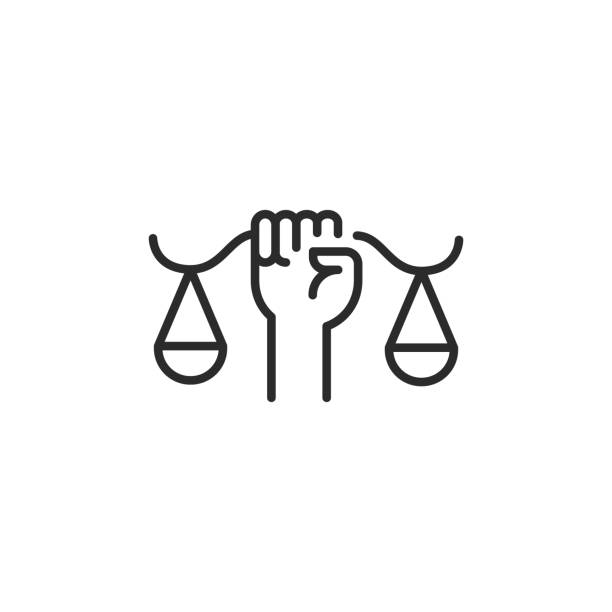What Injuries Are Covered by Criminal Injuries Compensation?
Overview of Victims’ Compensation for Criminal Injuries
Criminal injuries compensation is a government-provided benefit for victims of crime who have suffered physical, emotional, or psychological harm. This support is available through the criminal injuries compensation scheme, which operates to compensate victims when no other form of restitution is possible. In Western Australia, the Office of Criminal Injuries oversees this process. Victims of crime who meet the eligibility criteria can receive compensation to cover a variety of losses and damages.
Types of Injuries Eligible for Compensation
The most commonly compensated injuries include bodily harm such as broken bones, stab wounds, or head trauma. The scheme also covers psychological injury, including conditions like post-traumatic stress disorder, anxiety, and mental or nervous shock. Compensation is also available for suffering resulting from criminal offences like sexual assault or domestic violence. Criminal injuries compensation applications must detail the injuries suffered and provide supporting medical reports.
Psychological Harm and Nervous Shock
Psychological injuries are increasingly recognized in criminal injuries claims. Victims who have experienced mental or nervous shock as a result of witnessing a violent crime or being involved in one can be eligible for compensation. The scheme can also compensate close relatives of a person killed in a criminal offence, particularly if they have experienced suffering loss or psychological expenses due to the incident. Counselling services and mental health treatment costs may also be included.
Medical and Funeral Expenses Covered
Criminal injury compensation may include reimbursement for medical expenses and medical treatment related to the injuries. These can range from hospital stays and surgeries to medications and follow-up care. Funeral expenses for a person killed due to a criminal offence can also be covered. The criminal injuries compensation scheme ensures that out-of-pocket costs such as other incidental expenses are also considered in the assessment.
Interim Payments and Financial Loss
The scheme recognises that victims of crime may experience financial hardship while waiting for their compensation. To address this, interim payments may be issued. These can help cover immediate medical or living costs during the claims process. Financial loss due to inability to work, loss of income, or disruption of business operations may also be compensated. Documentation, including proof of employment and wage loss, is generally required.
Role of the Criminal Injuries Compensation Assessor
A criminal injuries compensation assessor reviews the details of each claim. This includes evaluating medical reports, statements from law enforcement, and other documentation. The chief assessor ensures the claim complies with the compensation guidelines set by the Office of Criminal Injuries. In complex cases, further information requests may be made. The assessor’s role is crucial in ensuring a fair payment for the injuries sustained.
Filing a Claim and Application Process
To begin a claim, victims must complete criminal injuries compensation applications, which can be submitted to the Office of Criminal Injuries. These must include application forms, supporting medical documentation, and details of the criminal offence. There is typically a time limit for lodging a claim, so prompt action is recommended. In some cases, victims may need to seek leave from the District Court to file a late application.
Compensation for Close Relatives and De Facto Partners
The scheme also provides benefits to close relatives and de facto partners of victims who have died as a result of criminal offences. This includes compensation for life loss, financial support, and funeral expenses. Victims’ families may be eligible for death benefits and assistance with psychological injury treatment. The Office of Criminal Injuries works to ensure that the loved ones of victims are not left without support.
Appeals and Disputed Claims
If a victim disagrees with the decision of the assessor, they may file an appeal. Appeals are generally made through the District Court and must comply with specific legal procedures. A successful appeal may result in increased compensation or inclusion of previously excluded costs. Legal representation is often advisable during the appeal process to ensure all relevant issues are addressed.
Final Thoughts on Compensation and Victims’ Rights
Criminal injuries compensation aims to assist victims in recovering from the impact of a crime. While the process can be complex, the criminal injuries compensation scheme, along with dedicated support from the Office of Criminal Injuries, provides an avenue for financial recovery. Whether it’s medical bills, funeral expenses, or mental health treatment, victims of crime and their families deserve fair compensation. Seeking advice from a qualified lawyer can help ensure a smooth and successful claims process.







